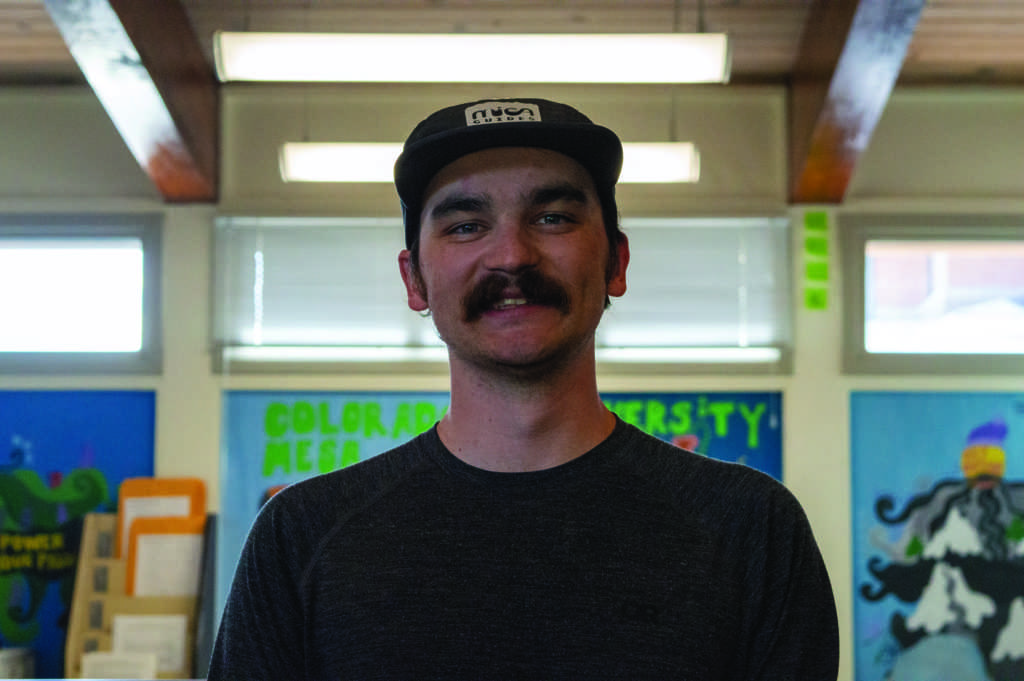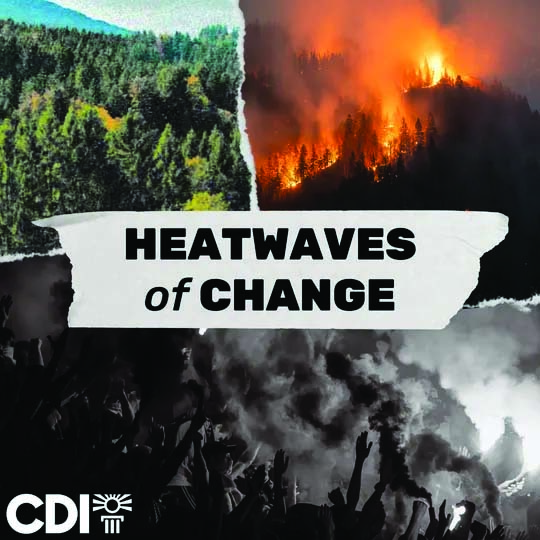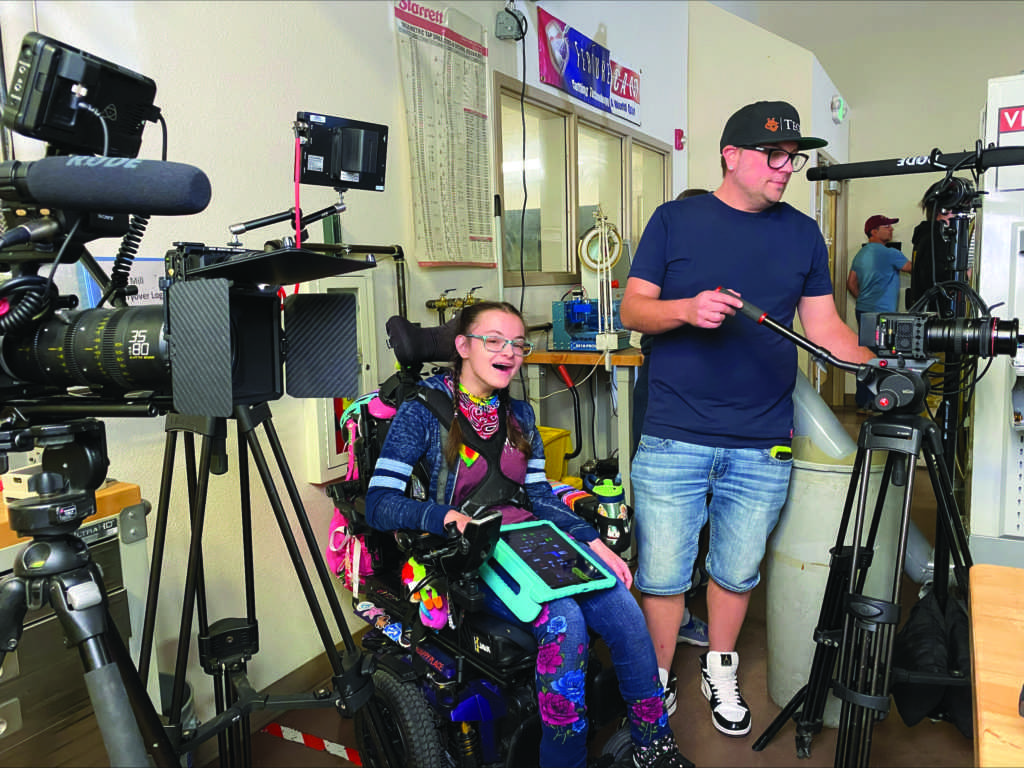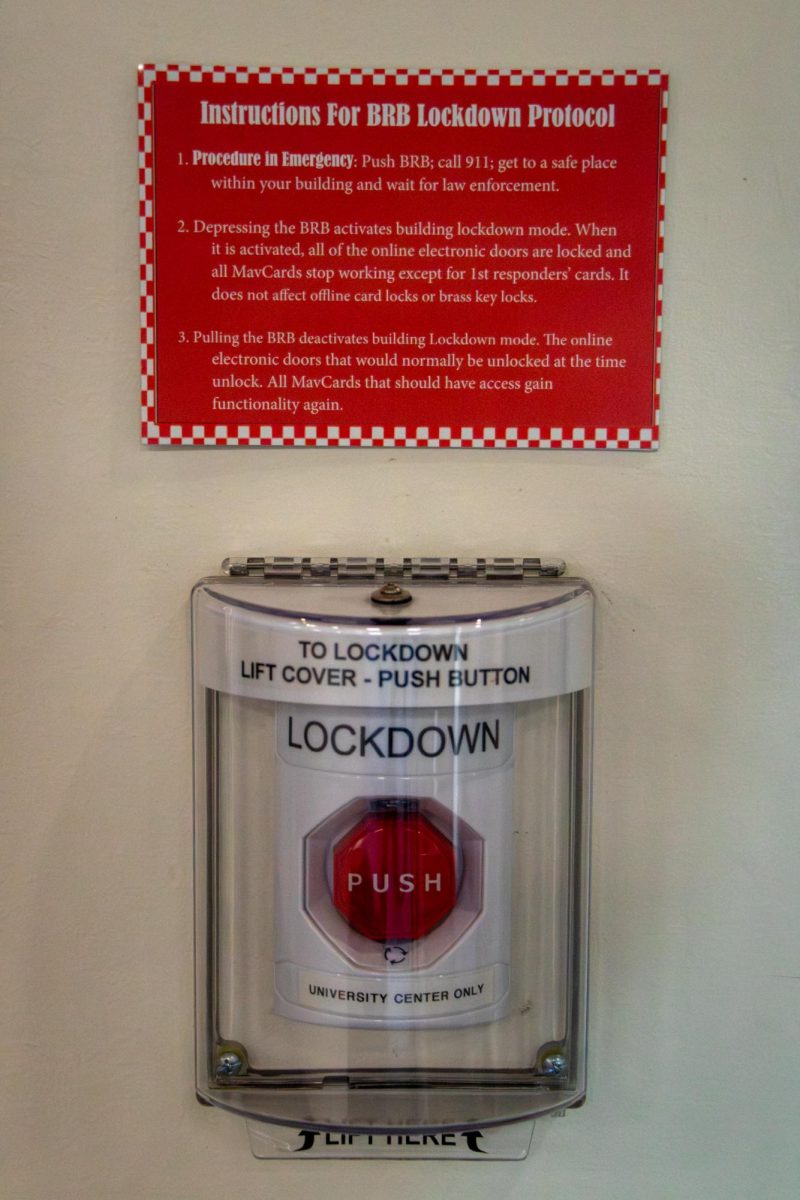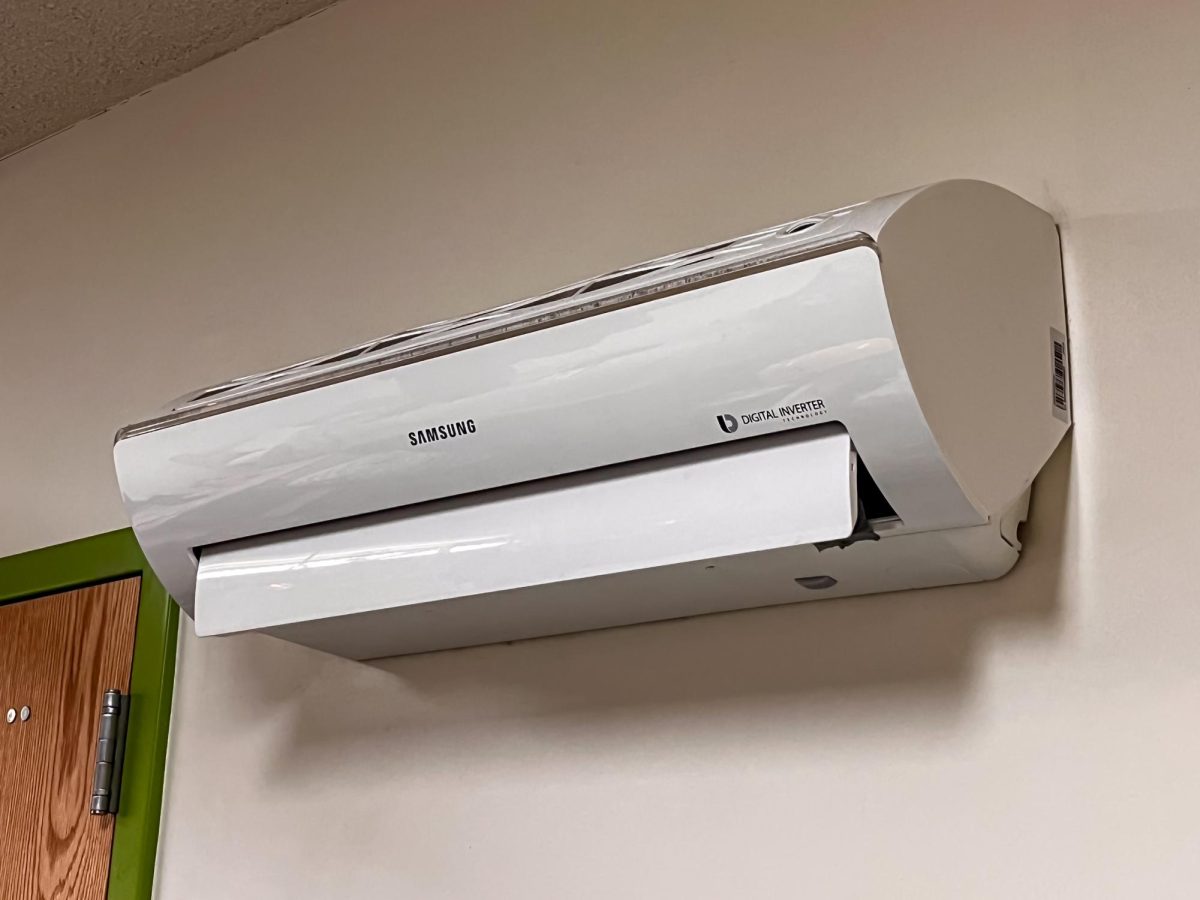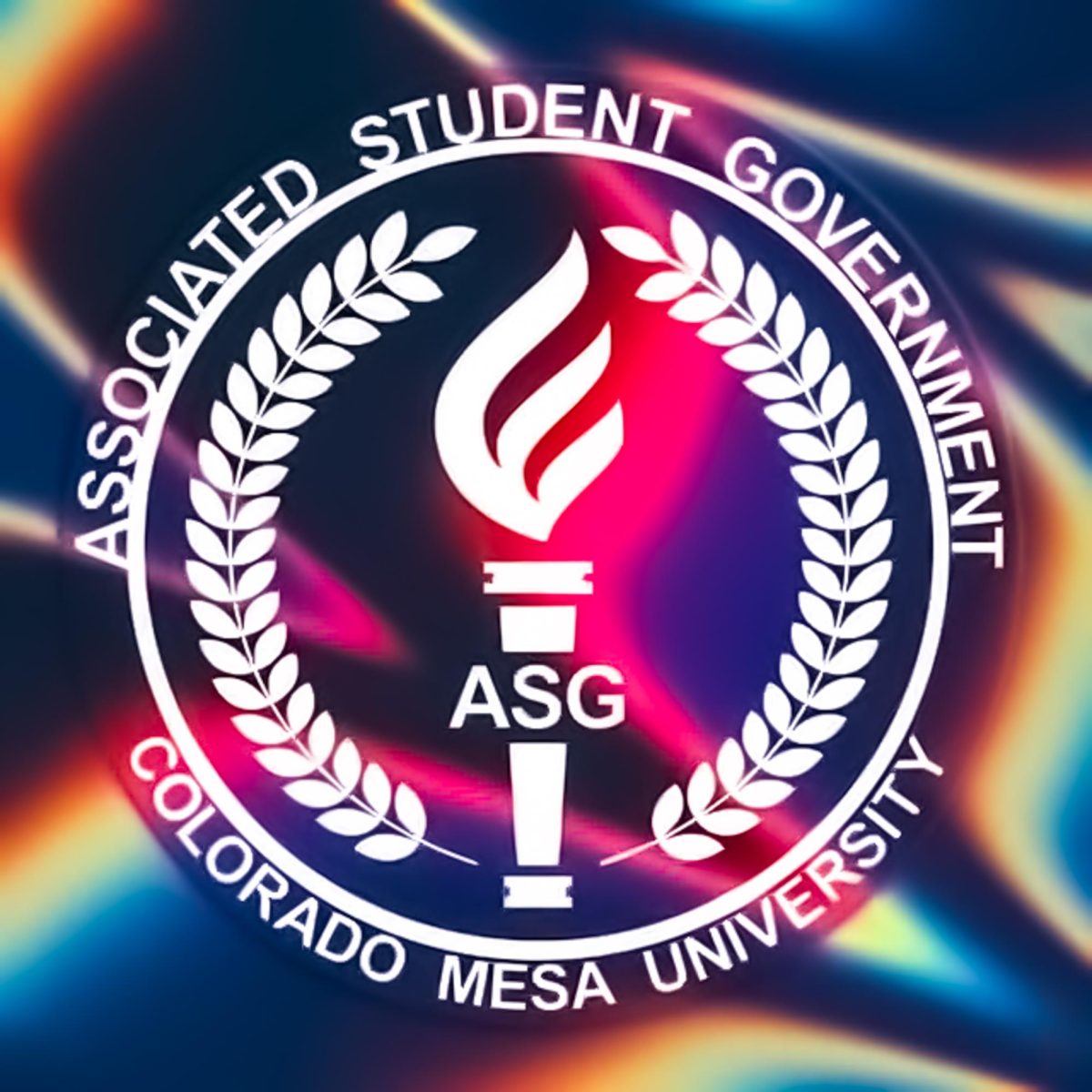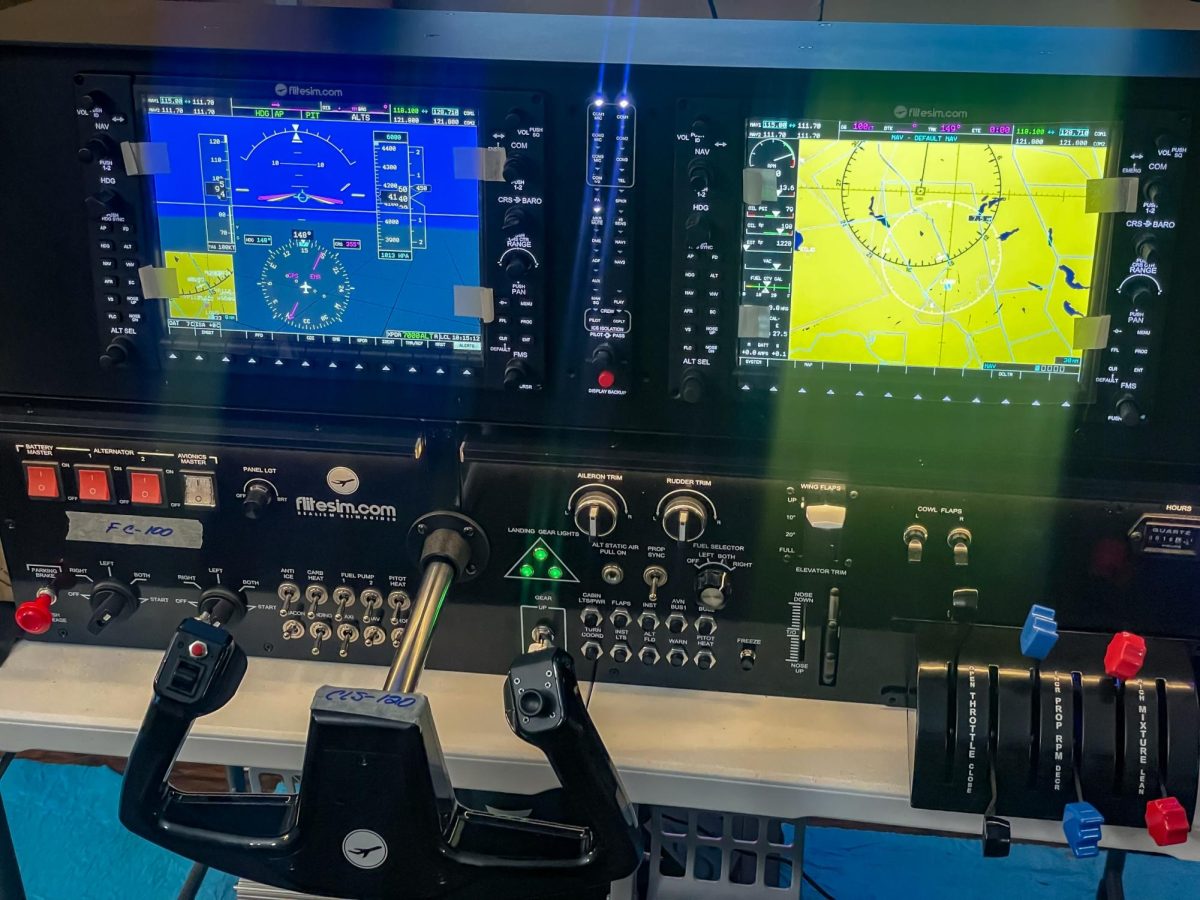The students of the Digital Filmmaking writing and directing branch of Western Colorado Community College are getting ready to present their short narrative films, cultivated over the course of a semester, on Saturday, May 11.
“One of the goals of the program is to create experiences that students are going to see in the real world,” Program Director Daniel McClintock said. “They’re doing what they love, and we’re sneaking in the science, the math and the English skills that are needed.” The program is strictly focused on narrative filmmaking, which rules out documentaries, sportscasting or mass communication-related theory classes.
Filmmaking students of the program, in order to make their films, must first pitch script ideas to each other, and later a panel of judges, to determine the direction that their story will take. After writing and pitching, they need to recruit actors, scout locations, shoot scenes and edit the product together.
“They want an action film, a fantasy film, but they actually have to make it, which makes things way more difficult because they need actors and locations to be available,” McClintock said.

Filmmaking student Nate Williams is in the process of finishing the editing of his short film. “I wrote a script about a guy who’s late for dinner with his girlfriend’s parents. We had to get two locations. There’s a lot of driving shots, so we had to get green screen for that,” Williams said. “It was a pretty long process shooting it, and an even longer process editing it.” He estimated his film will be around five to six minutes.
Cody Hammond, another film student, had his film born out of his desire for something unconventional. “A lot of my scripts happened from me wanting to do something really weird,” Hammond said. “Mine’s about a girl going through the final day she’s going through her depression. Her last-ditch effort is to take a bunch of shrooms and try to have a good experience to get over it. It turns out to be a really bad trip and she ends up fighting her physical manifestation of depression.” His film will be around ten minutes or so.
Student Digger Korst’s project is a bit lighter. “My film is about two people who are making a ghost hunting tv show, but they and their crew are completely incompetent. It’s a Leslie Nielsen- esque comedy. My entire film takes place in a bar and is based around a pun. The joke, which unfortunately did not make the final cut is ‘Man, there’s so many spirits in here!’” The film will clock in around seven-and-a-half minutes.
Student Josh Park’s project takes a look at the bonds across distances. “My film is about two students that are attending university in two separate locations. They were high school friends and are helping each other cope with the loss of a mutual friend.”

Taylor Mahoney, another student, has estimated his film is the shortest, clocking in around five minutes. “Mine is about relationships. It’s basically one big conversation. It’s an argument between a couple, a miscommunication.”
The other two students, Nick Linenberger and Joel Cochran, were not available for interview, but Nate Williams did serve as a cinematographer for Linenberger’s film. “A lot of the film takes place at night, so we had to flag off a lot of windows. There’s a scene where there’s two young adults are having relations, and then her dad comes down the stairs, so we needed to do a whip pan over and whip pan back,” Williams said.
“They are a family,” McClintock said. “The easiest simile I can think of is a sports team. They’re learning collaboration. We have to work with other people, in this industry. They’re about going out to dinners and talking about scripts.
WCCC’s Digital filmmaking offers two associate degrees: one in writing and directing, and the other in production design. Writing and directing involves writing the scripts, shooting the film, and learning about the camera, in this case the Panasonic AU-EVA1. Production design emphasizes special effects, audio design, and editing.
“The way that this program began is that we started getting local production companies coming in and saying that the quality of the people that they were getting weren’t up to speed,” McClintock said. “The resume is good, but it’s what I call the clincher. What the companies are actually looking for are the demonstration films, the demo reels.” In the Digital Filmmaking program, students will have five films done by the end of their two-year associate degree.
The premiere for the short films is Saturday, May 11.






